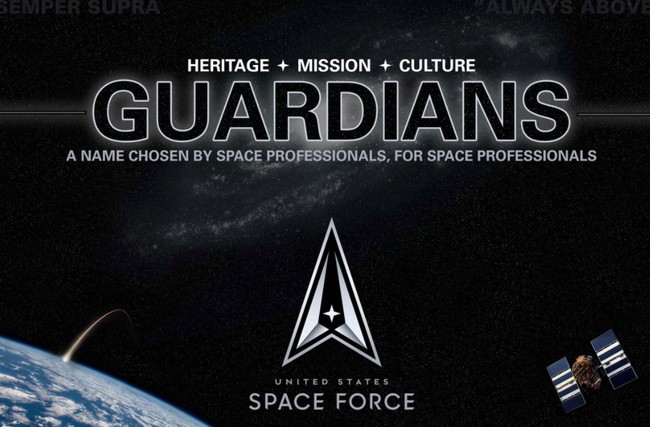From PJMedia.com

The U.S. Space Force was formally established on Dec. 20, 2019, when Donald Trump signed it into law with the National Defense Authorization Act. For the last five years, the Space Force has experienced the typical growing pains of any new federal agency, including defining its mission and bureaucratic infighting that has created a divide in the Force between the operational workforce and the acquisition, training, and testing community.
Advertisement
The divide has become so serious that Rep. Mike Rogers (R-Ala.) and Rep. Adam Smith (D-Wash.) sent a letter to Chief of Space Operations Gen. Chance Saltzman, wondering whether “the service may be too focused on its operators and not prioritizing other professionals within the service,” according to Federal News Network.
“We fear a divide that elevates operators at the detriment to other core functions of the Space Force will have negative impacts, potentially not immediately, but as we look to 2030 and beyond,” the lawmakers wrote.
Recently, Salzman spoke at the Spacepower Conference, where his speech lacked detail about acquisitions as well as training and testing, which “has raised some questions as to the previous focus on maintaining alignment across these areas.”
“We believe this is needed to not only be successful in developing the next generation space warfighter but also to ensure that the service will have the skillset and workforce to design, develop, and acquire systems that Guardians are going to need in the future,” Rogers and Smith said in the letter.
Essentially, it’s a war for funding. Who will get the most? Figuring that out will define the Space Force going forward.
Meanwhile, the service has been getting after aligning its operational and acquisition communities through a concept known as “integrated mission deltas.” The new model allows the Space Force to bring space and cyber operators, acquisition specialists and program managers under one roof rather than separating those functions into different commands.
Last year, Saltzman launched two integrated mission delta provisional units — one focused on electromagnetic warfare and another one on positioning, navigation, and timing. Earlier this year, the service broadened the program to include space domain awareness and missile warning and tracking.
Given their concerns around the service’s acquisition workforce, the lawmakers said they want to know how the integrated mission deltas will be adequately staffed with acquisition personnel in the future.
Advertisement
Rogers spoke at the Center for Strategic and International Studies on the Space Force’s fifth birthday event on Tuesday.
“I don’t want you to get me wrong. I agree that growing and building space operators is critically important, but the development of acquisition and other professionals is just as important. After all, what are these operators going to operate? If acquirers aren’t acquiring the newest and latest technology,” said Rogers.
Saltzman has his hands full trying to integrate operators with techies. Obviously, both are vital to protecting our space assets and keeping ahead of Russia and China.
A branch of the military only five years old hasn’t had much time to develop traditions and have an identity emerge that would lead to camaraderie and esprit.
“Bottom-up traditions are already forming, such as collaborative storytelling about mission success and the unique camaraderie found in small, agile teams. Additionally, time-honored traditions across the military, such as cake cuttings, and other smaller initiatives, like the design of patches, have emerged across the Space Force,” said Assistant Deputy Director for Space Sarah Fiocco.
Other “instant” traditions are created on the fly.
Just a few days after the conference, on Dec. 14 at Cape Canaveral Space Force Station in Florida, the Space Force held its third annual T-Minus 10-Miler. Participants not only ran 10 miles, but did so while passing sites important to aerospace history.
It is unclear how many cake-cuttings or birthday balls will be held, given the force’s relatively small headcount, although Fiocco said celebrations are increasingly common across the force. The Army & Air Force Exchange Service is also holding a sweepstakes in honor of the birthday, from Dec. 20 to Jan. 17, 2025.
Advertisement
Let’s hope they get it all sorted out before we really need a Space Force to protect us from China’s growing presence in near-Earth orbit.
All articles possibly rephrased by AI or InfoArmed.com